Children's Development
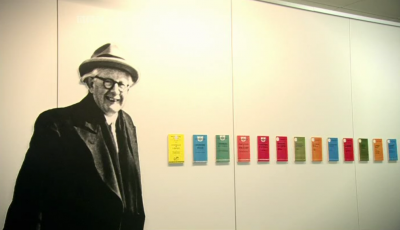
Disproving Piaget | Growing Babies

A baby's nervous system | Teaching Today
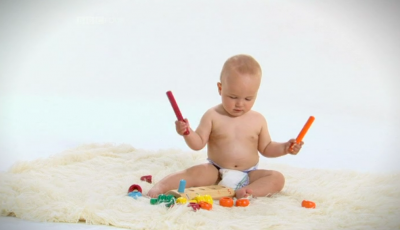
Newborn's and ''core knowledge'' | Growing Babies
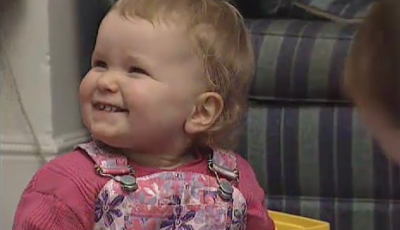
Babies, curiousity and vitality | Teaching Today
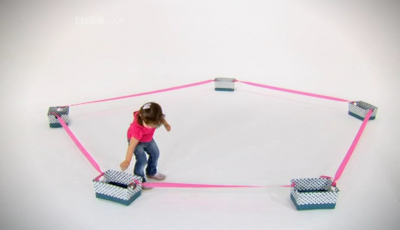
Babies and biased learning | Growing Babies
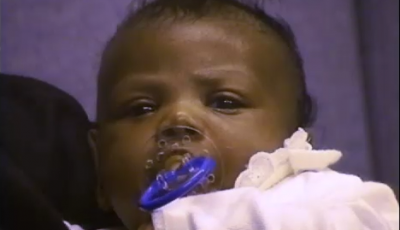
Sleep patterns and newborns | Baby Monthly
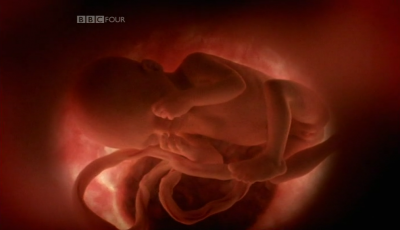
Third trimester and learning | Growing Babies
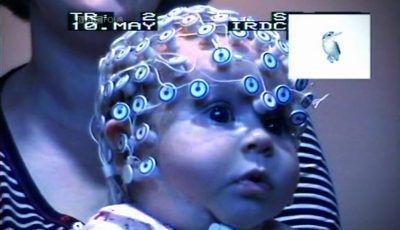
Babies and the Visual Cortex | Growing Babies
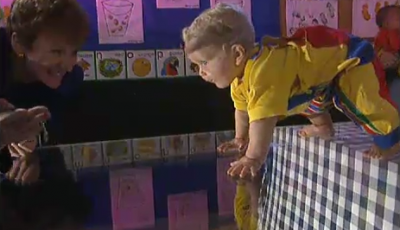
Crawling and social referencing | Baby Monthly
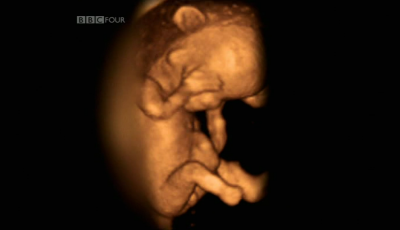
Core knowledge in the womb | Growing Babies
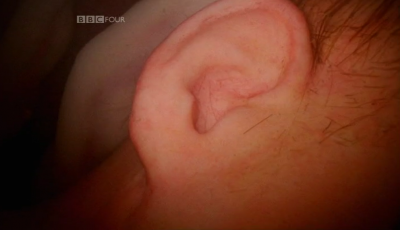
Hearing, voices and recognition | Growing Babies
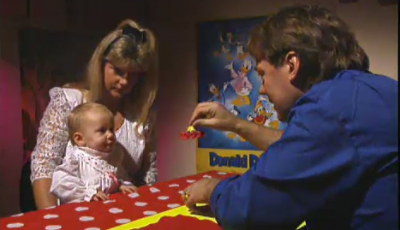
Memory and problem solving | Baby Monthly
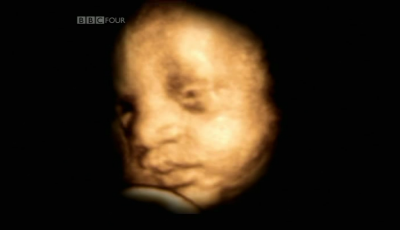
Tasting and seeing in the womb | Growing Babies
Children’s Communication, Literacy and Numeracy Skills

Children and wordless thoughts | Teaching Today
Children and wordless thoughts | Teaching Today
It is thought that children in their early years can think wordlessly as they won't have grasped their native language.
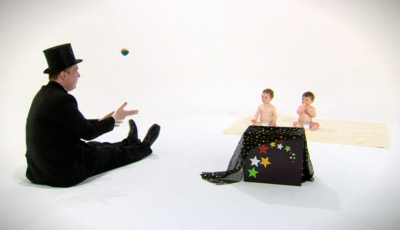
Object permenance and numbers | Growing Babies
Object permenance and numbers | Growing Babies
Experts believe that babies are born with a very basic idea of numbers in the form of "more" or "less" as well as an object ex...
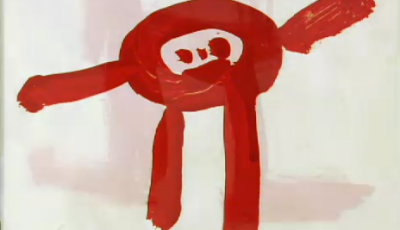
Children and artwork | Teaching Today
Children and artwork | Teaching Today
Artwork can be a very important part of childhood as it allows children to express their understanding of the world around them.
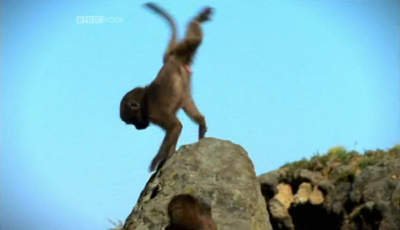
Babies and ''Natural Geometry'' | Growing Babies
Babies and ''Natural Geometry'' | Growing Babies
Babies are also believed to be born with an innate sense of the space around them.
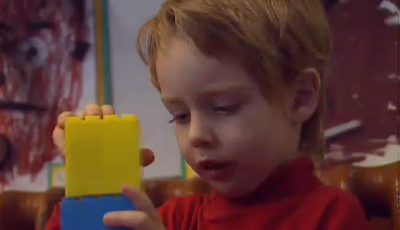
Children and ''schemas'' | Teaching Today
Children and ''schemas'' | Teaching Today
Experts explain the notion of "schema", a repetition of behaviour, repeated because they enjoy the action.

Newborns and cause of crying | Baby Monthly
Newborns and cause of crying | Baby Monthly
A theory that explains consistent crying in new-born's could be to do with humans gestation period, which is short compared to th...
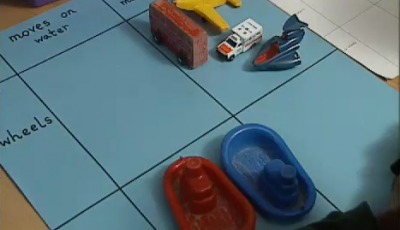
Children developing concepts | Teaching Today
Children developing concepts | Teaching Today
Using the example of "wheels", we see the children develop concepts about transport and further their knowledge about the world.
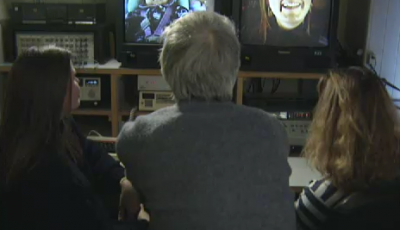
Babies and proto-conversation | Baby Monthly
Babies and proto-conversation | Baby Monthly
Two mothers do an experiment with their babies where they alternate being passive and involved, which showed the babies trying t...
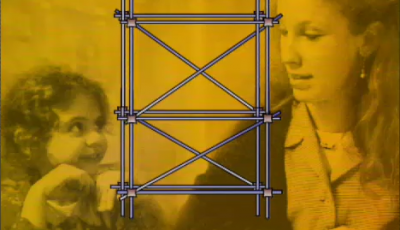
Roots, wings and scaffolding | Teaching Today
Roots, wings and scaffolding | Teaching Today
The educational terms of "roots", "wings" and "scaffolding" are introduced which encourage children to expand on their learning.
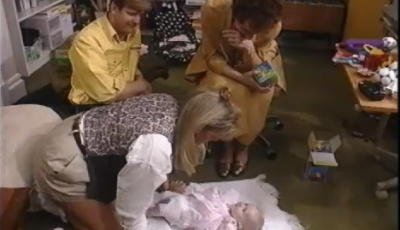
Talking to babies | Baby Monthly
Talking to babies | Baby Monthly
An expert observes a mother talk to their baby and is on hand to give some tips for interaction.
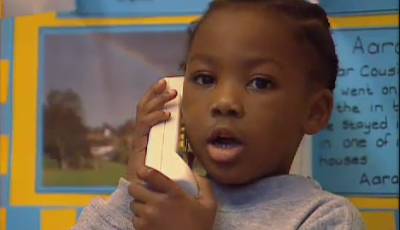
Language development and ''wings'' | Teaching Today
Language development and ''wings'' | Teaching Today
The development of language is a great tool to give children "wings" allowing them to flourish in play and communication,...
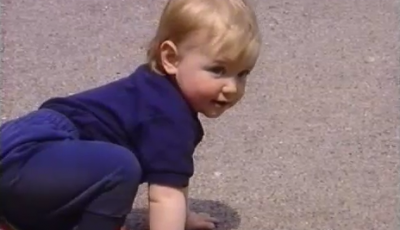
Helping babies look | Baby Monthly
Helping babies look | Baby Monthly
At seven months, babies are able to follow the direction their parents are looking,
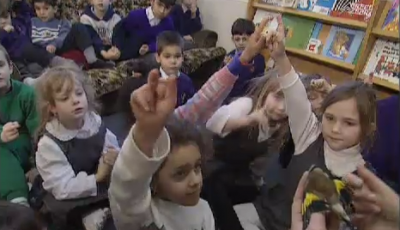
Children and tool words | Teaching Today
Children and tool words | Teaching Today
Certain "tool" words are really helpful for kids to learn as early as possible, as they can equip them with the "tools" to navigate ...

Babies and counting | Baby Monthly
Babies and counting | Baby Monthly
It is debatable whether babies around five months can "count", but it can be agreed there is an awareness of the concepts of increase or d...
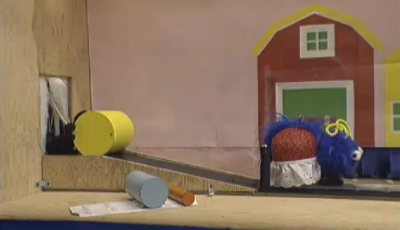
Gravity, collision and impossibility | Baby Monthly
Gravity, collision and impossibility | Baby Monthly
At five months concepts of collision and gravity are seemingly entering babies understanding as a complex experiment from...
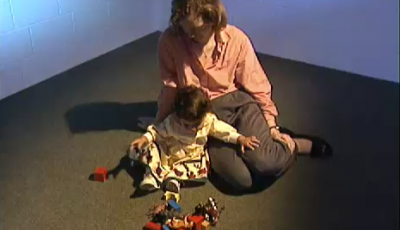
Words and speech | Baby Monthly
Words and speech | Baby Monthly
Around twelve months, babies are able to repeat sounds and grasp that objects or people have words associated with them.
Children’s Personal, Social and Emotional Development
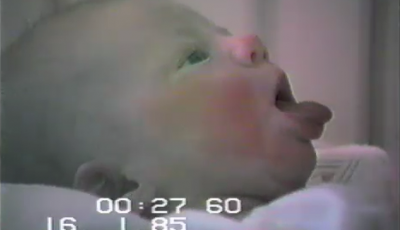
Babies and imitating | Baby Monthly
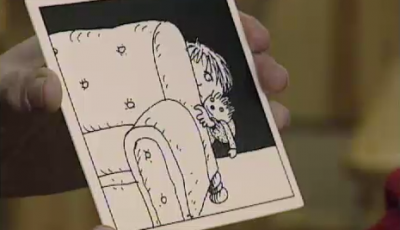
Children and the ''box of emotions'' | Teaching Today
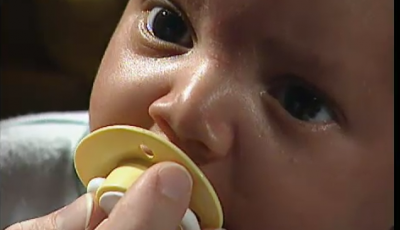
Recognising mum when latching | Baby Monthly
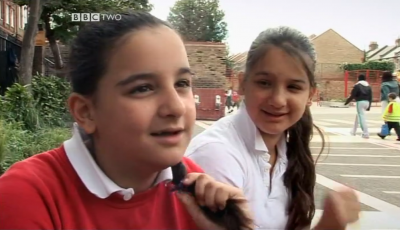
My new best friend | Bitesize Secondary
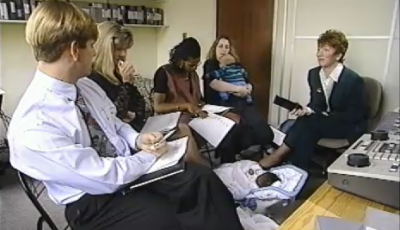
Parental opinions on baby behaviour | Baby Monthly
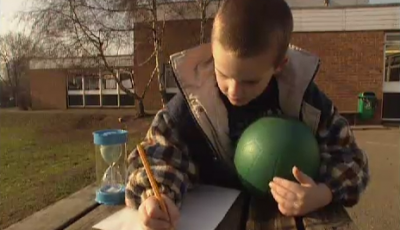
Children and understanding emotion | Teaching Today
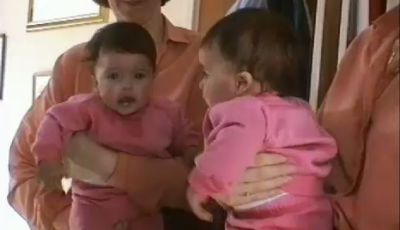
Babies friend in the mirror | Baby Monthly
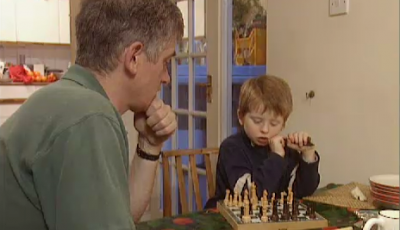
Parental advice and ''child's level'' | Counterblast
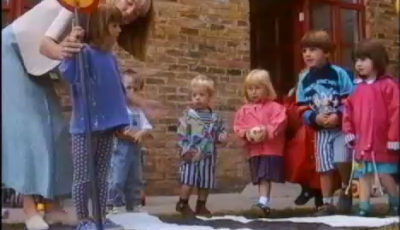
Oestrogen and testosterone | Baby Monthly
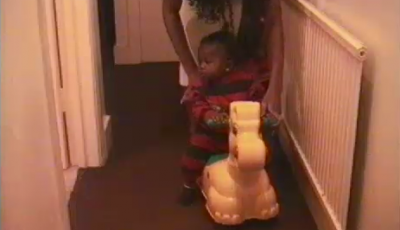
Childcare and the affect on the child | Baby Monthly
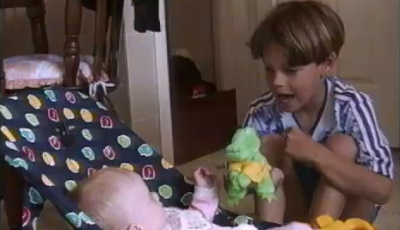
Sibling struggles | Baby Monthly
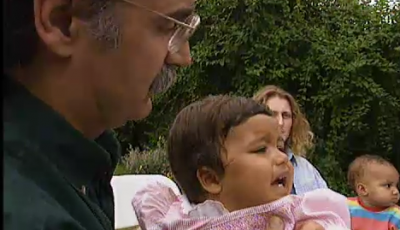
Stranger anxiety | Baby Monthly
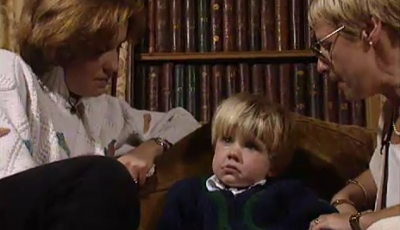
Being disruptive | Baby Monthly
Play and Learning
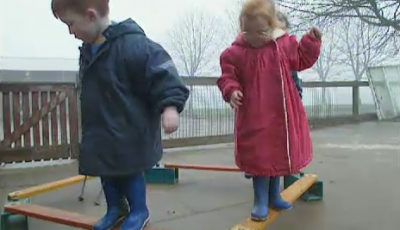
Children and risk | Teaching Today
Children and risk | Teaching Today
Children enjoy risk-taking as a part of learning about the world.
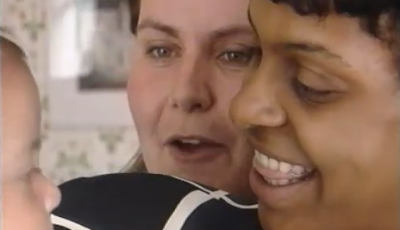
The importance of baby games | Baby Monthly
The importance of baby games | Baby Monthly
An expert describes the importance of baby games and how they can help a child deal with excitement as they grow up.
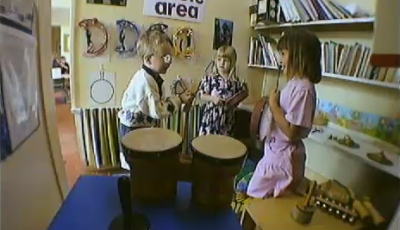
Children and music | Teaching Today
Children and music | Teaching Today
Music is a fantastic proponent to help a child connect their body to their mind.
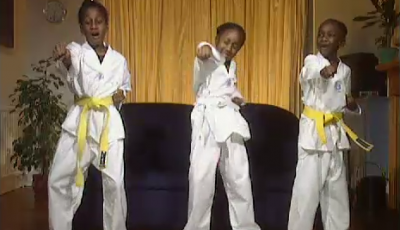
Children and the change in play | Counterblast
Children and the change in play | Counterblast
Parents from the '90s discuss how children's play has changed from street corners to organised and educational schedules like ...
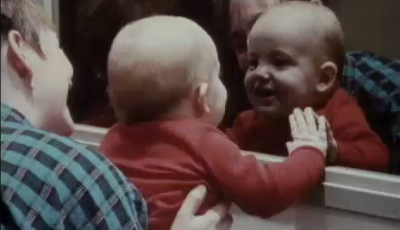
Childrens sense of self | Teaching Today
Childrens sense of self | Teaching Today
Experts denounce classical theories that the young child is an isolated ego. In fact, the brain seeks companionship and is designed ...
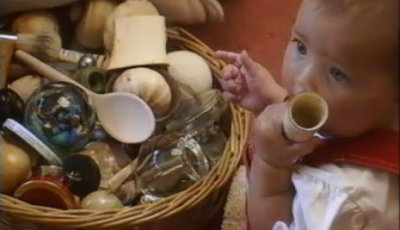
Objects for babies play | Baby Monthly
Objects for babies play | Baby Monthly
Having objects that can be found around the house that have different weights, smells and textures can be much more stimulating for a ...
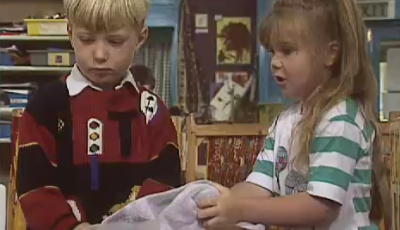
Children and play | Teaching Today
Children and play | Teaching Today
Children use play to make sense of their experiences and act out what they have seen or heard.
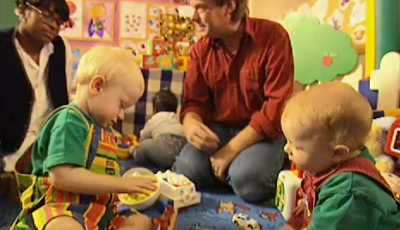
Play, skills and interest | Baby Monthly
Play, skills and interest | Baby Monthly
Through play, babies are able to practice the skills they have acquired and apply it to objects.
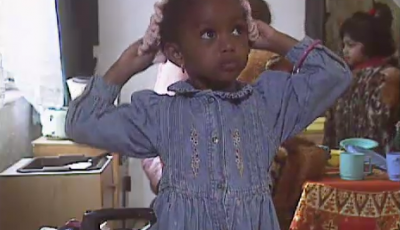
Children, scripts and play | Teaching Today
Children, scripts and play | Teaching Today
Play is an extremely strong component for a child's learning as they apply what they have seen and heard in their role play.
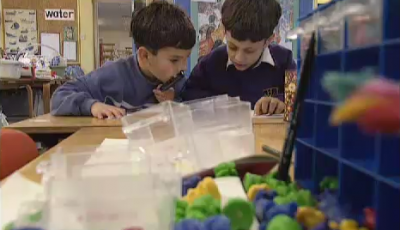
Vygotsky's ''Zones of Learning'' | Teaching Today
Vygotsky's ''Zones of Learning'' | Teaching Today
Vygotsky's "Zones of Learning" is explained with the example of two friends reading.
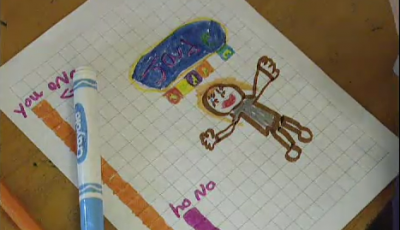
Children and ''Positive Disposition'' | Teaching Today
Children and ''Positive Disposition'' | Teaching Today
The disposition towards learning is often more important than the content of the learning, as this will equip a child ...
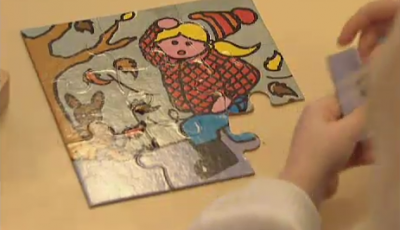
Children and ''Mastery Orientation'' | Teaching Today
Children and ''Mastery Orientation'' | Teaching Today
A theory suggests that children can be split into two types, some who thrive on difficult problem's and others who can ...

